About the Institute of Mental Health's history and mission.
The UCL Institute of Mental Health’s mission is to unite researchers, from a range of relevant disciplines, behind the goal of improving the understanding of mental health and its disorders.
This will lead to the delivery of new approaches to prevention, treatment and improved care for people with mental health problems, in collaboration with: academics and clinicians worldwide; NHS providers; local authorities; industry and third sector organisations.
The challenge
Mental health is one of the biggest challenges that the world faces. In the UK, between 1 in 5 and 1 in 6 adults suffer from a mental disorder severe enough to warrant treatment, in any given year.* Mental illness is the largest single source of world economic burden and it has a disproportionately adverse effect on the most vulnerable in society.
*Bebbington, P., & McManus, S. (2020). Revisiting the one in four: The prevalence of psychiatric disorder in the population of England 2000–2014. British Journal of Psychiatry, 216(1), 55-57. doi:10.1192/bjp.2019.196.
Mental health statistics
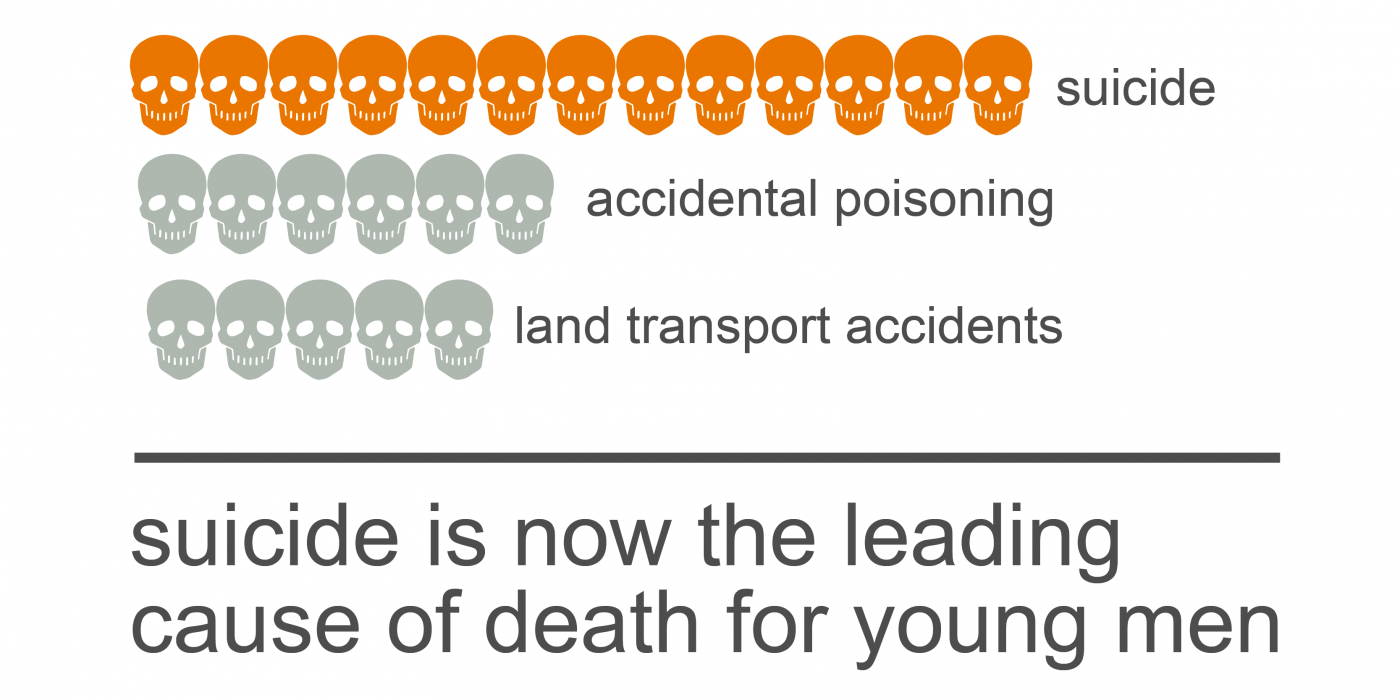
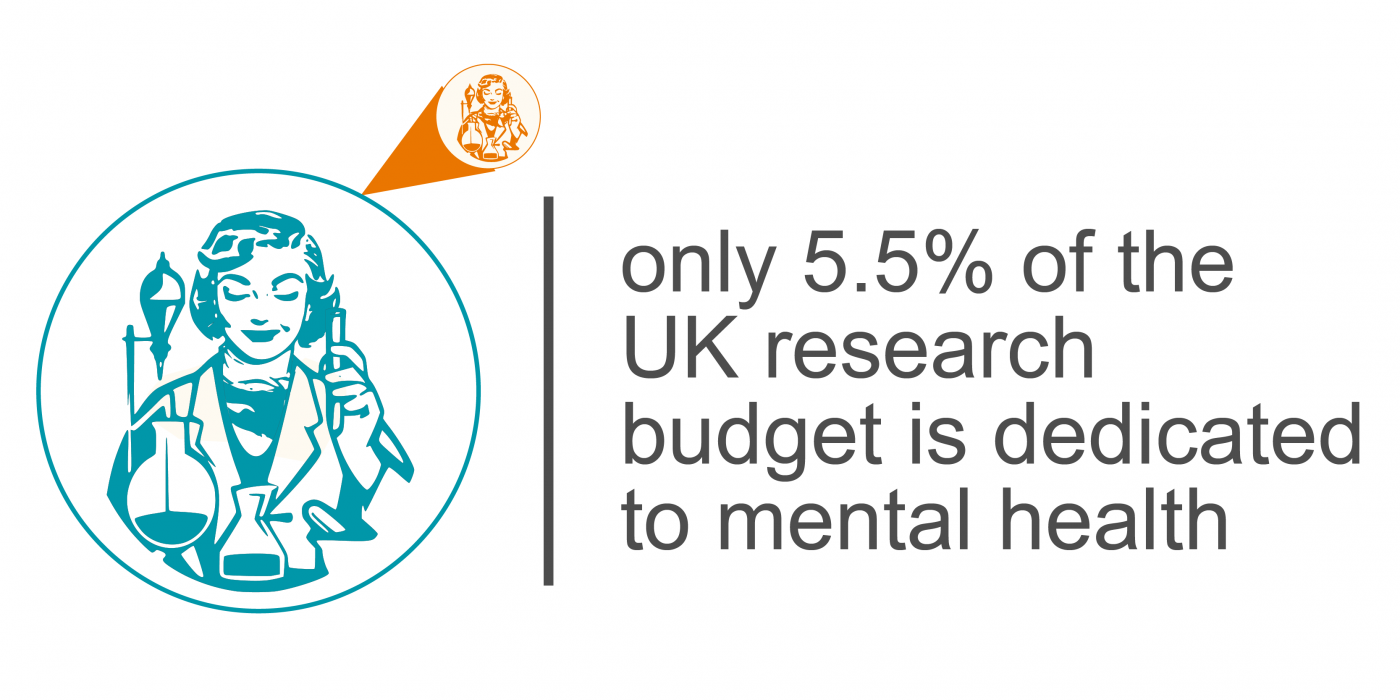
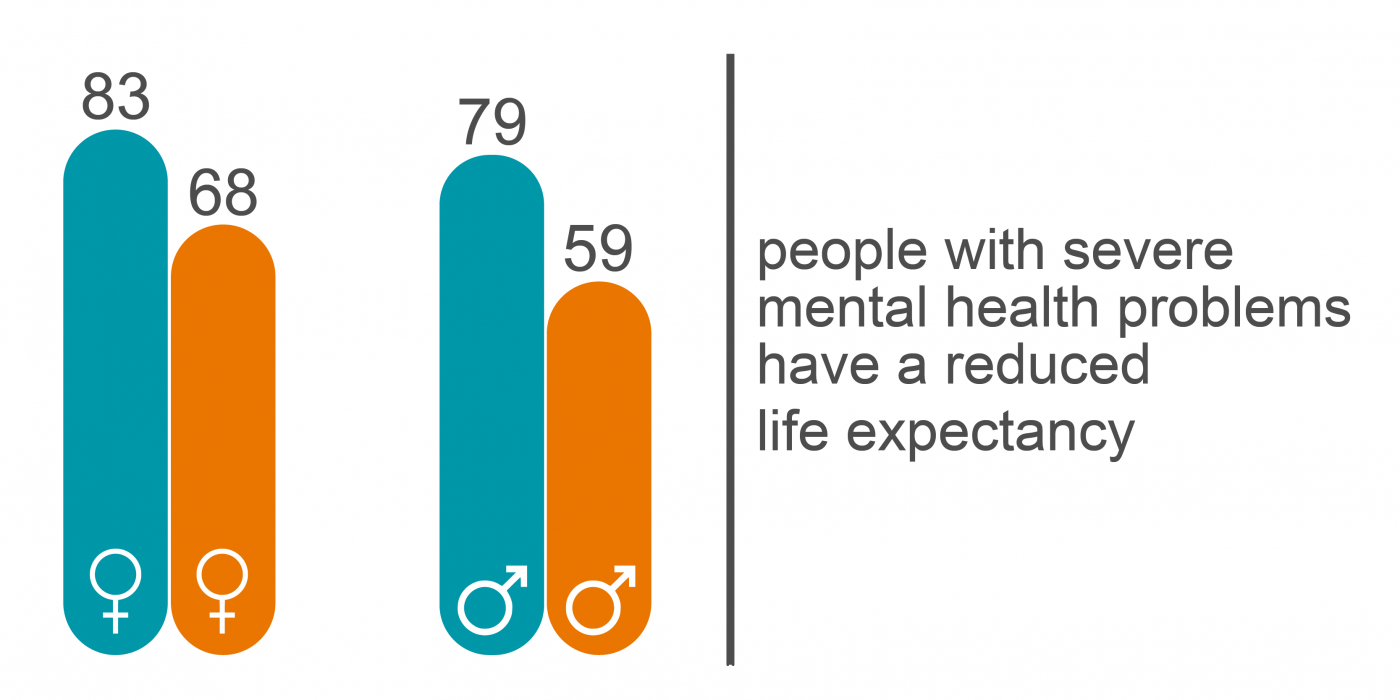
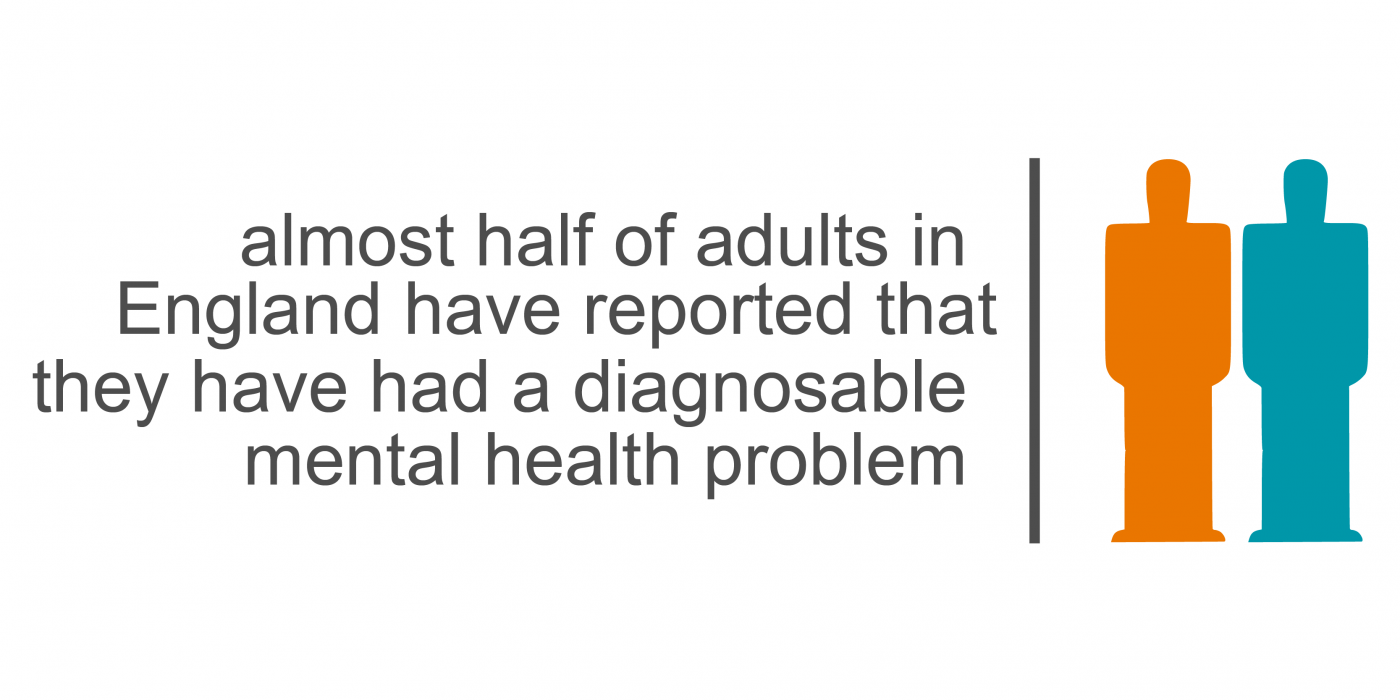
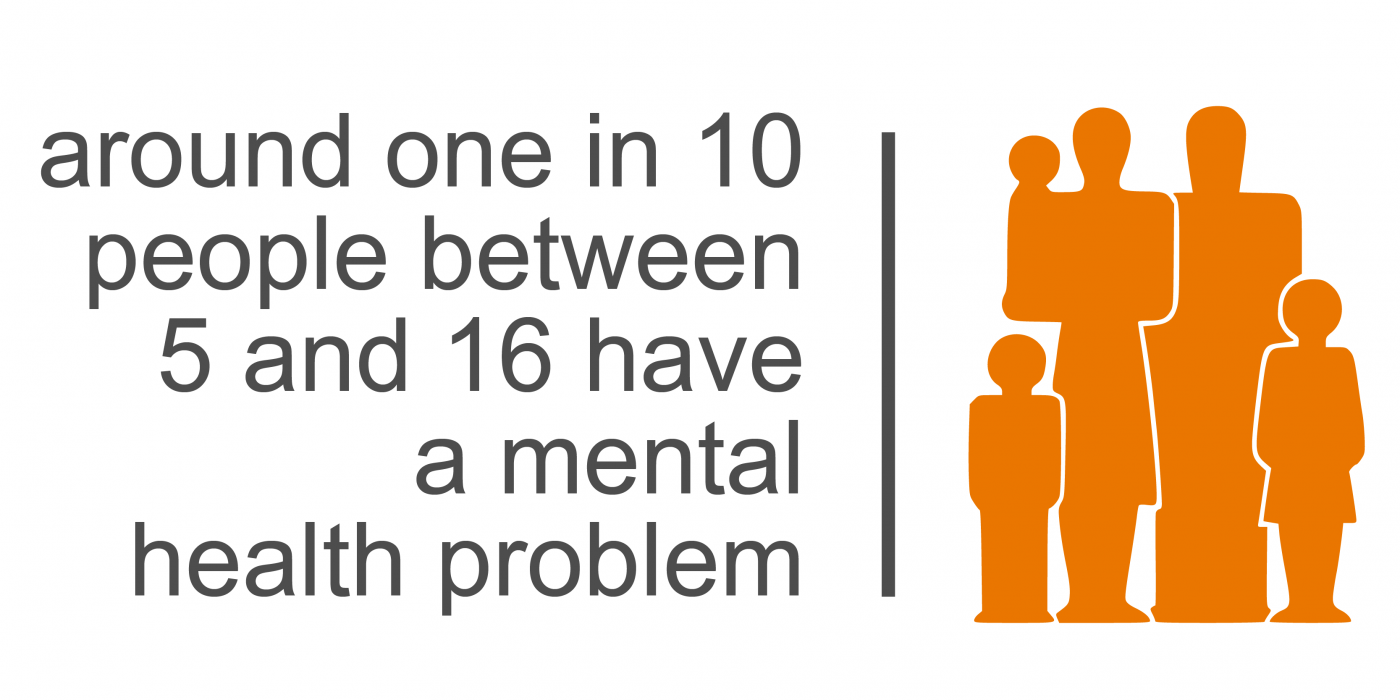
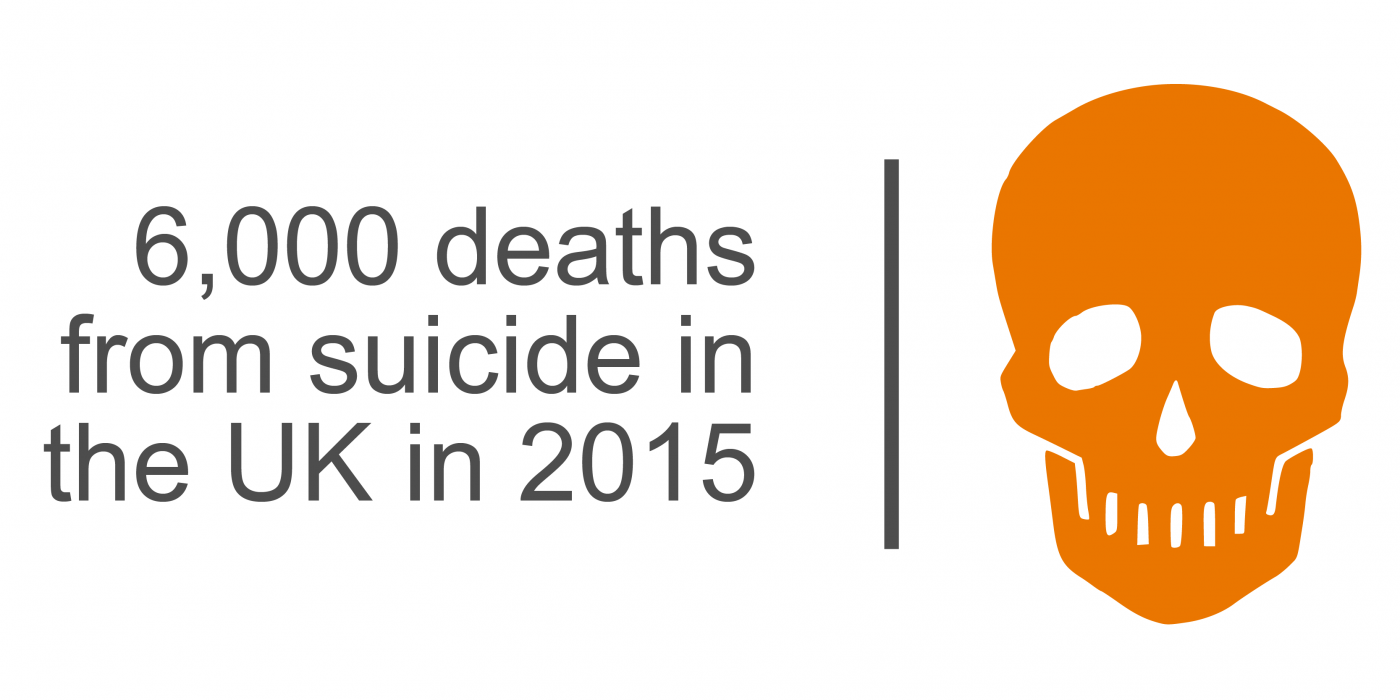
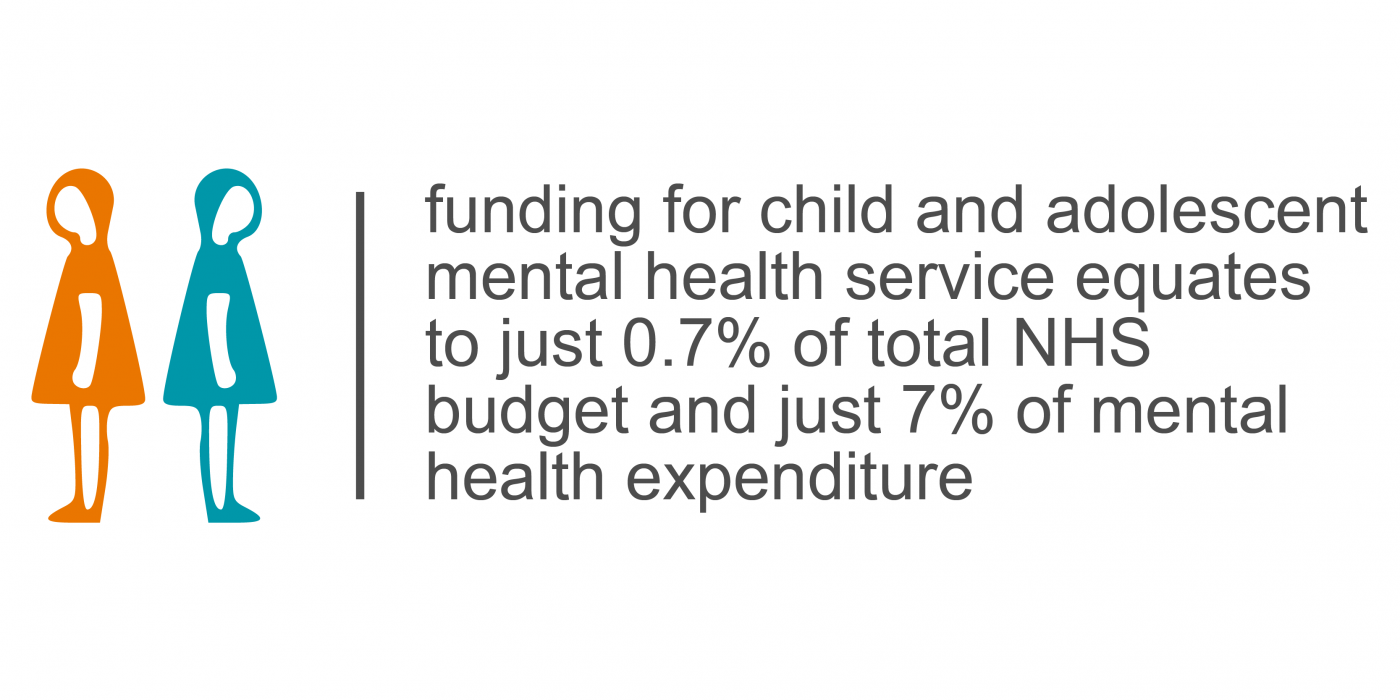

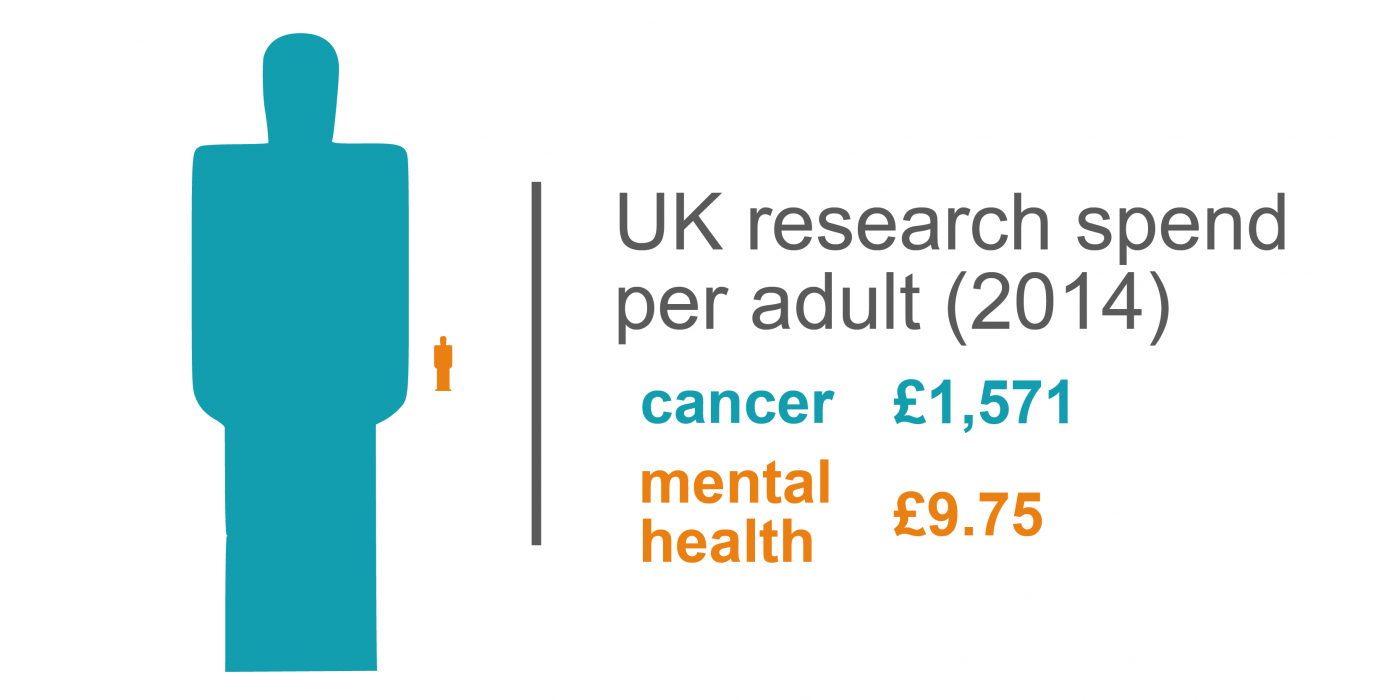
Institute aims
Led by the Director and Professor of Mental Health, Professor Anthony David, appointed in October 2018, the new UCL Institute of Mental Health (IoMH) has been created to realise the ambitious vision of building a world-leading centre for research into mental disorders. We aim to attract the best clinical academics and scientists in the fields of mental health and illness to work, train and collaborate with us.
Mental health is a key strategic priority for UCL and there is already an outstanding record in mental health research. Research and practice are widely distributed across existing UCL Divisions, Centres Institutes and NHS partners, and there are considerable opportunities to strengthen the research base and enhance infrastructure, particularly with a view to enabling outstanding interdisciplinary research. The IoMH will be seeking to extend engagement to new partners, including those not currently well-represented such as industry, policy makers, service users and carers.
In acting as a focal point for UCL’s mental health research community, the IoMH will seek to add value to current research partnerships and help build future capacity. As a virtual Institute we will need to develop our brand, provide clarity about what we can offer, and maintain momentum to generate genuine impact. We will continue to work towards the establishment of a physical hub for the IoMH.
 Close
Close

